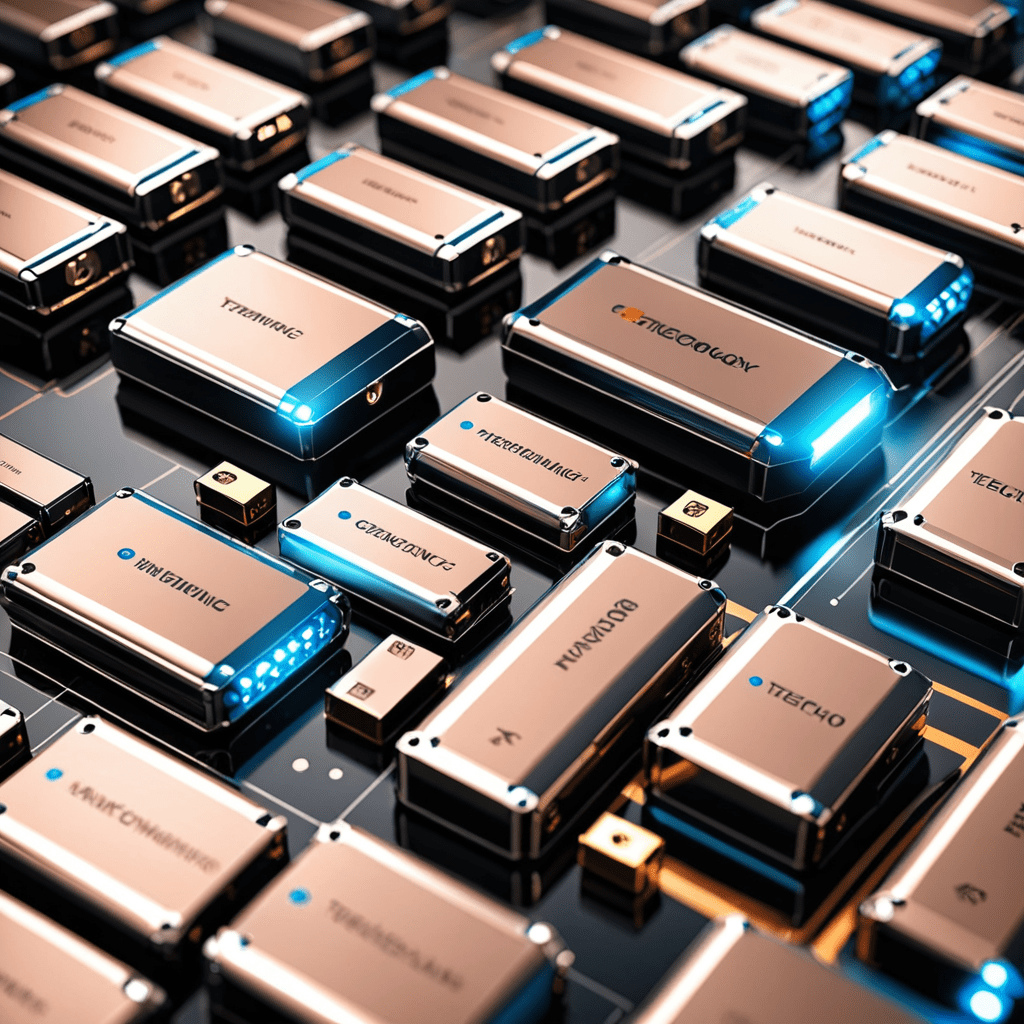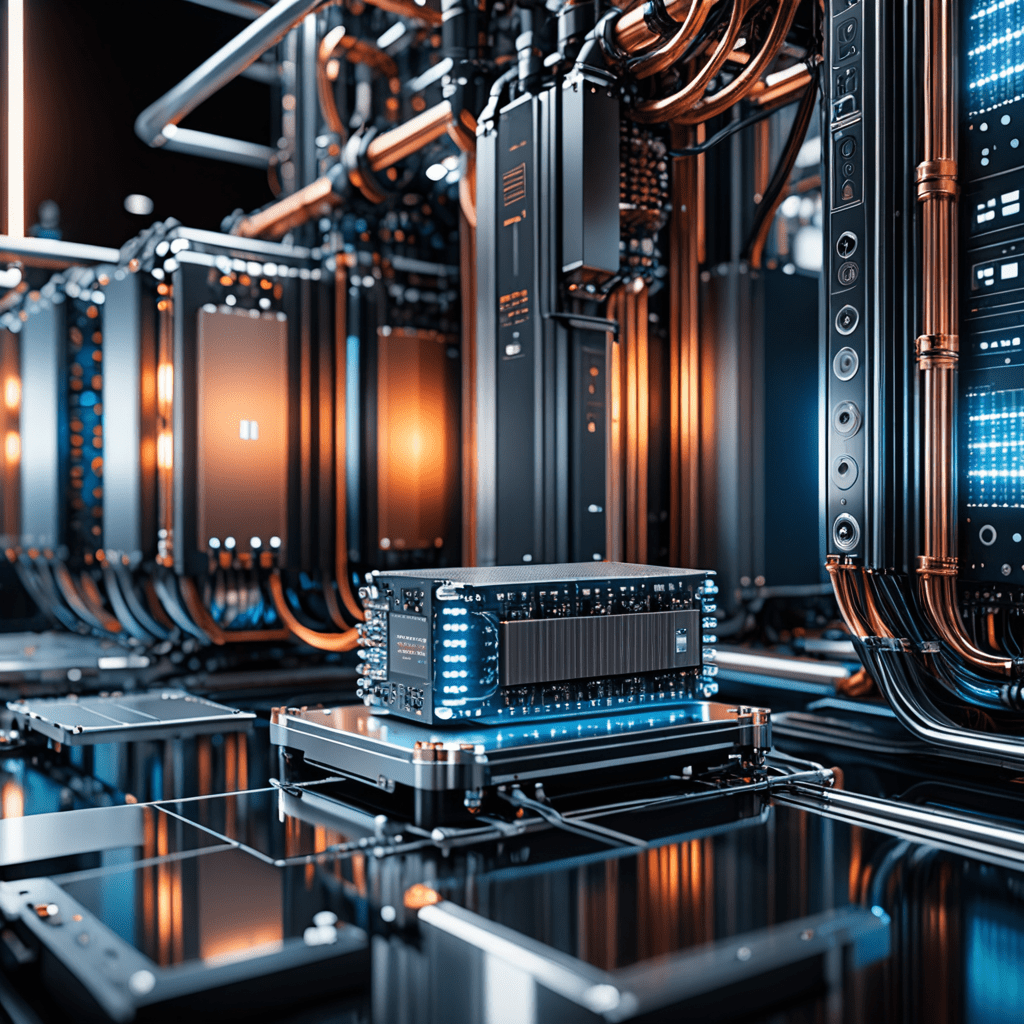
The Role of Nanotechnology in Revolutionizing Battery Technology
Nanotechnology has become a game-changer in the field of energy storage devices, specifically in improving battery technology.
Understanding Nanotechnology
Nanotechnology deals with manipulating materials at the nanoscale, typically between 1 to 100 nanometers in size. By working at this level, scientists can enhance the properties of materials, leading to significant advancements in various industries, including energy storage.
Benefits of Nanotechnology in Battery Development
Nanotechnology offers several advantages when applied to batteries, such as increased energy density, improved charging speed, longer lifespan, and enhanced safety features.
Nanostructured Materials in Battery Design
Researchers are utilizing nanostructured materials like nanowires, nanotubes, and nanoparticles to boost battery performance. These structures provide high surface area, allowing for better electrolyte penetration and electron flow.
Nanocomposite Electrodes
By incorporating nanocomposite electrodes, batteries can achieve higher capacity and efficiency. These electrodes combine nanoscale materials with traditional electrode materials to enhance conductivity and stability.
Nanocoatings for Battery Protection
Nanotechnology enables the application of protective coatings at the nanoscale to prevent issues like dendrite formation, which can cause short circuits and reduce battery lifespan. These coatings enhance durability and safety.
Challenges and Future Outlook
Despite the promising advancements, challenges remain in scaling up nanotechnology for mass battery production. Researchers continue to work on overcoming these obstacles to bring nanotechnology-enhanced batteries to the market at a competitive cost.
Conclusion
Nanotechnology is indisputably playing a vital role in shaping the future of energy storage devices, particularly in enhancing battery technology. As research in this field progresses, we can expect even more efficient, durable, and safer batteries to power our devices and vehicles.
FAQs about Nanotechnology in Energy Storage Devices
What is nanotechnology’s role in improving battery technology?
Nanotechnology plays a crucial role in enhancing battery performance by manipulating materials at the nanoscale, resulting in increased energy storage capacity and faster charging rates.
How does nanotechnology benefit energy storage devices?
Nanotechnology allows for the development of batteries with higher energy density, longer lifespan, and improved safety features due to the precise control over material properties at the nanoscale level.
What are some examples of nanomaterials used in energy storage devices?
Common nanomaterials utilized in energy storage devices include nanowires, carbon nanotubes, and graphene, which offer superior conductivity and surface area for enhanced battery efficiency.
Can nanotechnology address the limitations of traditional batteries?
Yes, nanotechnology enables the design of batteries with reduced size, weight, and charging times, addressing the limitations of conventional battery technologies and paving the way for innovative energy storage solutions.
Are there any safety concerns associated with nanotechnology in energy storage devices?
While nanotechnology enhances battery performance, researchers are actively working to address safety concerns related to nanoparticle toxicity and potential environmental impacts to ensure the sustainable development of advanced energy storage technologies.


